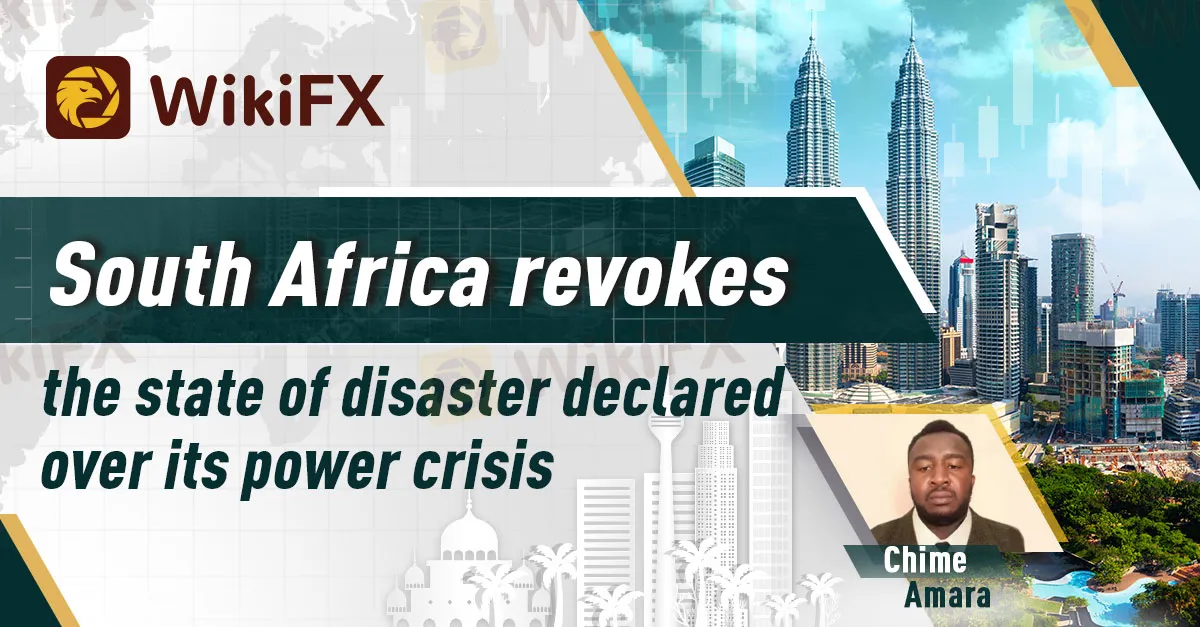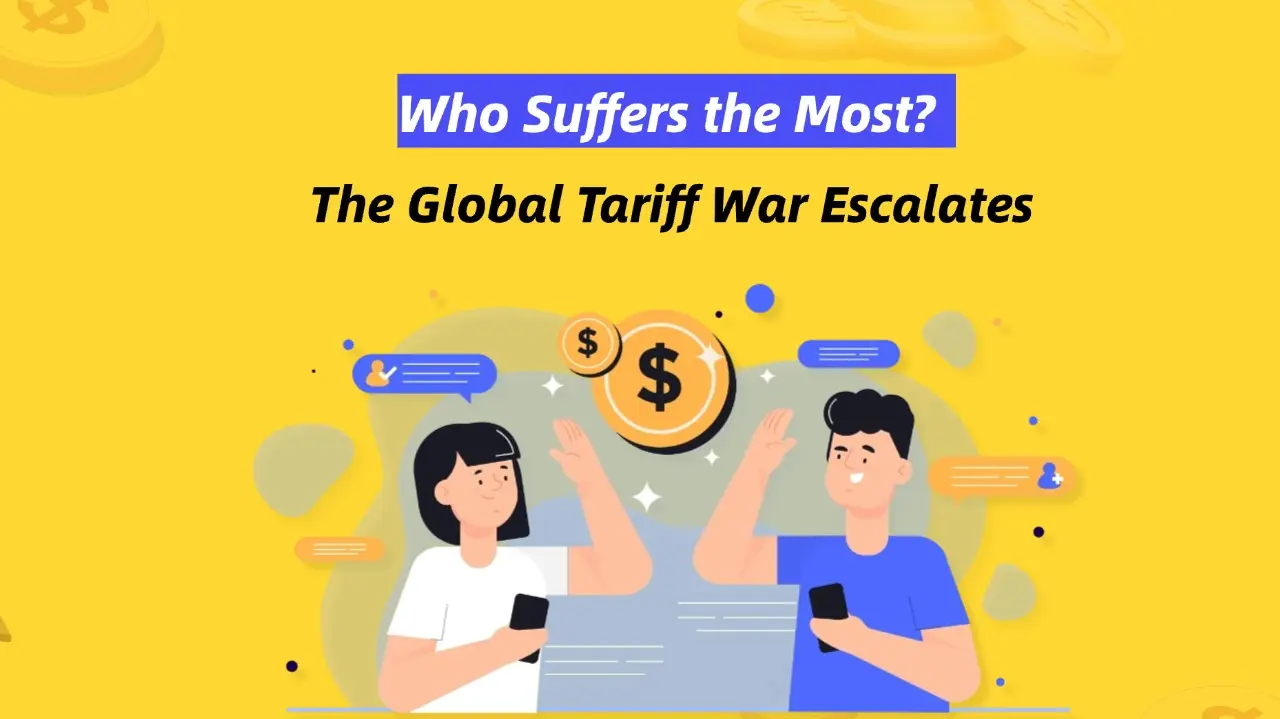简体中文
繁體中文
English
Pусский
日本語
ภาษาไทย
Tiếng Việt
Bahasa Indonesia
Español
हिन्दी
Filippiiniläinen
Français
Deutsch
Português
Türkçe
한국어
العربية
South Africa revokes the state of disaster declared over its power crisis
Abstract:South Africa has revoked the state of disaster that was declared in February to assist in tackling its crippling electricity crisis.

By: Chime Amara

South Africa has revoked the “state of disaster” it declared in February to handle its crippling electricity crisis. The move comes after a civil rights group challenged the status in court, claiming that it would enable corruption. The government has assured that it will continue with the works aimed at reducing the impact of power cuts using the legislation and contingency arrangements, and other emergency measures put in place.
The power crisis has caused daily rolling power cuts by Eskom, with most households and businesses experiencing up to 10 hours without electricity daily.
The decision to revoke the “state of disaster” status was welcomed by many who had concerns about the potential misuse of emergency powers. The civil rights group that challenged the status, OUTA, believes that the crisis can be managed using existing laws and regulations.
However, some stakeholders have expressed disappointment that the withdrawal of the “state of disaster” may slow down efforts to address the power crisis. The telecommunications industry, in particular, had high hopes that the emergency measures would help expedite regulatory relief to address the crisis's effects on the economy.
The power crisis in South Africa no doubt has been ongoing for years, with state-owned utility Eskom struggling to meet the country's electricity demand. The crisis has had a significant impact on the country's economy, with frequent power cuts causing disruptions to businesses and daily life.
The government has stated that it remains committed to finding long-term solutions to the power crisis, including increasing the use of renewable energy sources and reducing reliance on Eskom. However, implementing these solutions will take time and require significant investment, which may not provide an immediate solution to the crisis.
As South Africa moves forward without the “state of disaster” status, many will be watching to see if the government can successfully manage the power crisis using existing legislation and contingency arrangements. The country's ability to do so will be critical to its economic recovery and stability in the years ahead.

Disclaimer:
The views in this article only represent the author's personal views, and do not constitute investment advice on this platform. This platform does not guarantee the accuracy, completeness and timeliness of the information in the article, and will not be liable for any loss caused by the use of or reliance on the information in the article.
Read more

WikiFX "3·15 Forex Rights Protection Day" – Official Release of the Blacklist
WikiFX, as a globally leading forex investment ecosystem service platform, has always been committed to providing fair and authoritative broker verification services for forex investors, while offering solid rights protection support for every victim of forex investment. On February 26, 2025, WikiFX once again launched its annual "3·15 Forex Rights Protection Day" event, aiming to empower forex investors to speak out and defend their rights through open, transparent, and robust means.

Nigeria’s Oil and Gas Sector Gains Momentum
Nigeria’s oil and gas industry is experiencing a surge in investment, fueled by policy reforms and international collaboration, paving the way for continued energy expansion.

The Global Tariff War Escalates: Who Suffers the Most?
The global trade war is intensifying as countries continue to raise tariffs, aiming to protect their own economies while creating greater market uncertainty. In this tit-for-tat game, who is truly bearing the brunt?

Gold Price Hits Record High Amid Economic Uncertainty and Policy Shifts
Gold prices soared to an all-time high, nearing the key $3,000 per ounce threshold, as investors responded to heightened tariff uncertainty and growing expectations of monetary policy easing by the U.S. Federal Reserve.
WikiFX Broker
Latest News
FINRA Panel Orders Stifel to Pay $132.5M for Misleading Investors
The Future of Trading is Here: How AI is Reshaping the Market Landscape
Nigeria’s Oil and Gas Sector Gains Momentum
How to Avoid Risks from Scam Brokers in Forex Investment
Gold Price Hits Record High Amid Economic Uncertainty and Policy Shifts
Could DeepSeek Be Linked to a $390 Million Fraudulent U.S. Server Deal?
Ripple Secures Dubai License: First Blockchain Payments Provider in DIFC
BSP Restricting Offshore Forex Trades to Control Peso Volatility
Retiree Loses RM2.33 Million in Investment Scam – Could You Be Next?
Will Trump's Trade Policies Fuel Inflation? BlackRock Warns of Economic Risks
Currency Calculator






